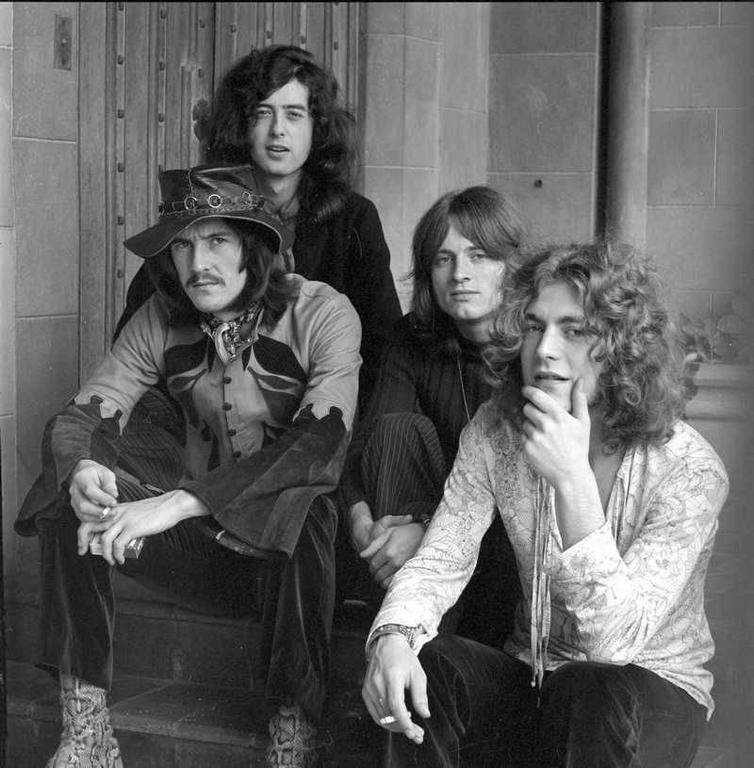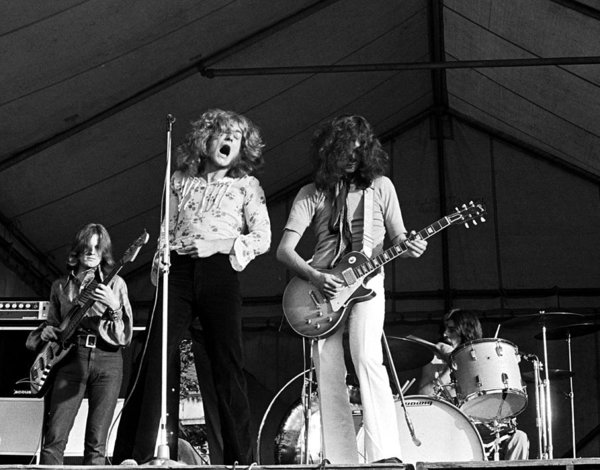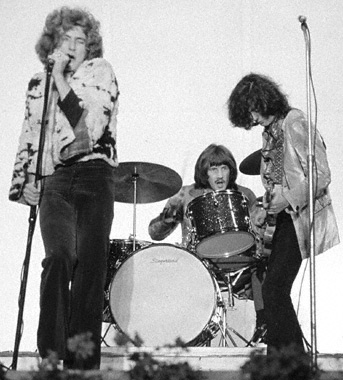The road to Hell is paved with good intentions, so I’m told. I had planned to take advantage of a light month to work on what will be the busiest month I’ve had for 50th album release anniversaries in November. Instead, I didn’t even do dedicated write ups for a couple of my favorites in October. Oh well, I’ll acknowledge them now and get to work on next month’s cornucopia…
10/5/70: Led Zeppelin – Led Zeppelin III
Contemporary criticisms painted the heavier songs as noise while others said the acoustic numbers were folk rock rip-offs. Whatever. Led Zep III went straight to number one, and is one of my favorite Zeppelin albums. I tend to enjoy the acoustic tracks most on this one, and John Paul Jones shines throughout.

10/19/70: Bob Dylan – New Morning
The period of Dylan’s career from (roughly) 1967-74 tends to be glossed over by casual fans, but to me some of his best output is from that era. New Morning has quietly, almost surreptitiously, become one of my favorite Dylan albums. If Not for You, Day of the Locusts, The Man in Me – great stuff.

10/23/70: Frank Zappa – Chunga’s Revenge
Zappa’s third solo album was released this month. It was the first to feature Mark Volman and Howard Kaylan (a.k.a., Flo & Eddie) of the Turtles. It was another shift in musical direction, and was met with mixed reviews. I haven’t listened to Frank’s entire catalog including this one, but if there’s a better album than Hot Rats somebody please let me know.

10/23/70 – Genesis – Trespass
Prog. Prog, prog, prog. I’ve reached a point where I’ll give an album a listen or two and it either resonates with me or it doesn’t. There are plenty of prog albums that I like a lot, including some early ones by Genesis. Trespass, their second album, just isn’t one of them. It’s a slog for me. However, I take my first step onto the Genesis train with their next release a year later.

-Stephen
https://en.wikipedia.org/wiki/Led_Zeppelin_III
https://en.wikipedia.org/wiki/New_Morning








